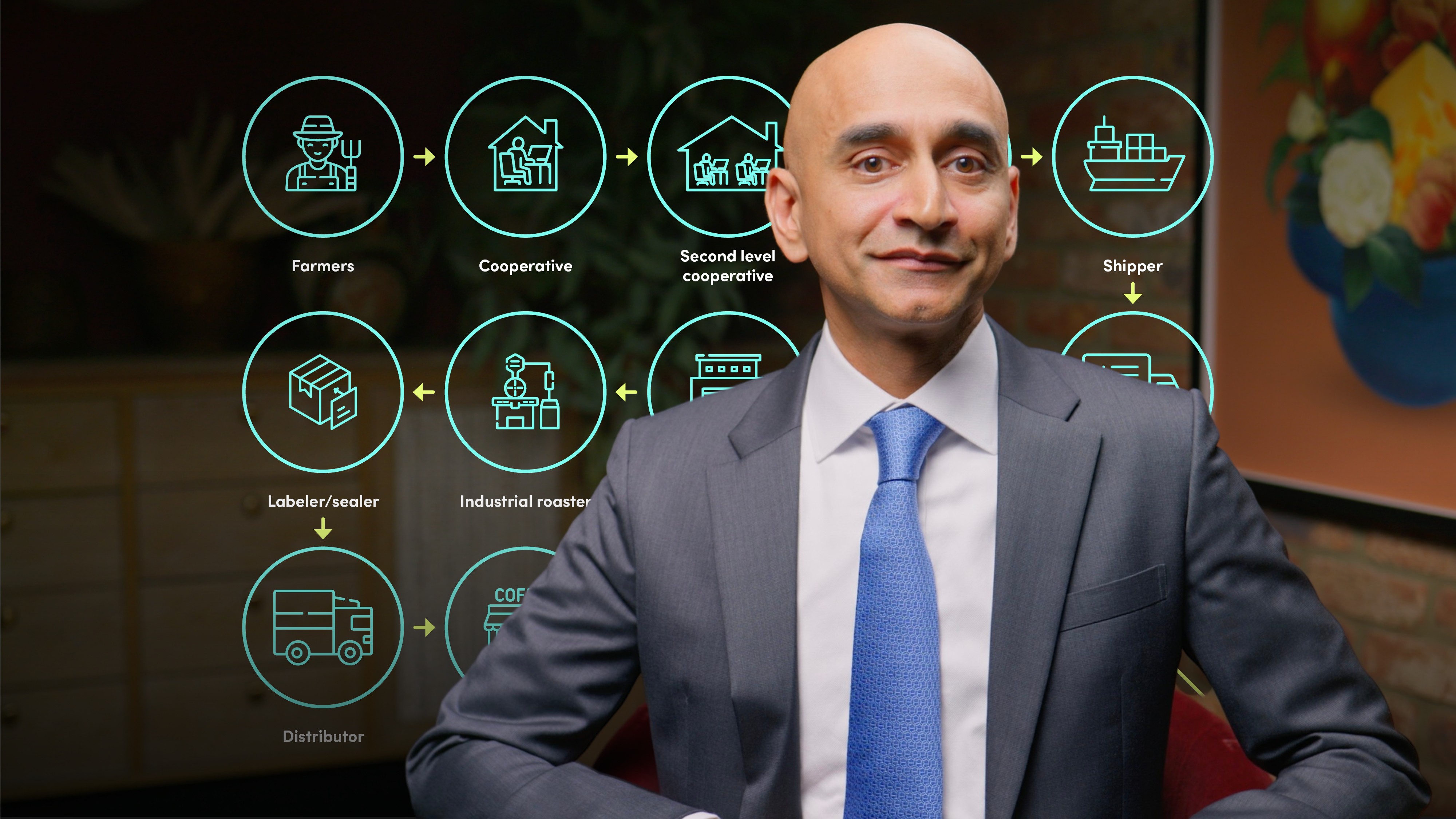
Key Environmental Factors in ESG Investing

Arun Kelshiker
20 years: Asset management and stewardship
In this video, Arun delves into the crucial environmental factors shaping investment decisions. He also explores the impact of the climate crisis, biodiversity loss, pollution, and resource depletion on businesses. He further talks about the direct link between business activities and environmental challenges, presenting both risks and opportunities. and finally discovers the key megatrends influencing environmental change, from global climate policies to international agreements like the Paris Agreement.
In this video, Arun delves into the crucial environmental factors shaping investment decisions. He also explores the impact of the climate crisis, biodiversity loss, pollution, and resource depletion on businesses. He further talks about the direct link between business activities and environmental challenges, presenting both risks and opportunities. and finally discovers the key megatrends influencing environmental change, from global climate policies to international agreements like the Paris Agreement.
Subscribe to watch
Access this and all of the content on our platform by signing up for a 7-day free trial.

Key Environmental Factors in ESG Investing
12 mins 20 secs
Key learning objectives:
Outline the key environmental factors investors should consider when making investment decisions
Understand the relationship between business activities and environmental issues
Outline the environmental megatrends influencing environmental change
Overview:
The World Economic Forum's Global Risks Reports from 2021 and 2023 highlight the crucial role of environmental factors, with 6 of the top 10 risks being environmental. Main challenges are the climate crisis, biodiversity loss, pollution, and resource depletion. Earth has warmed by 1.2°C since industrialisation, requiring strategies like climate change mitigation and adaptation. Biodiversity is at risk with countless species nearing extinction and 75% of Earth's land degrading. Air pollution harms health and ecosystems worldwide, while our resources diminish with rising consumption. Drivers of environmental change are trends like climate policies, the Paris Agreement, the UN's SDGs, and tools like carbon pricing. Businesses tied to environmental challenges face risks impacting operations. While regulations push for environmental accountability, achieving net-zero emissions is challenging.
Subscribe to watch
Access this and all of the content on our platform by signing up for a 7-day free trial.
Subscribe to watch
Access this and all of the content on our platform by signing up for a 7-day free trial.

Arun Kelshiker
There are no available Videos from "Arun Kelshiker"





























